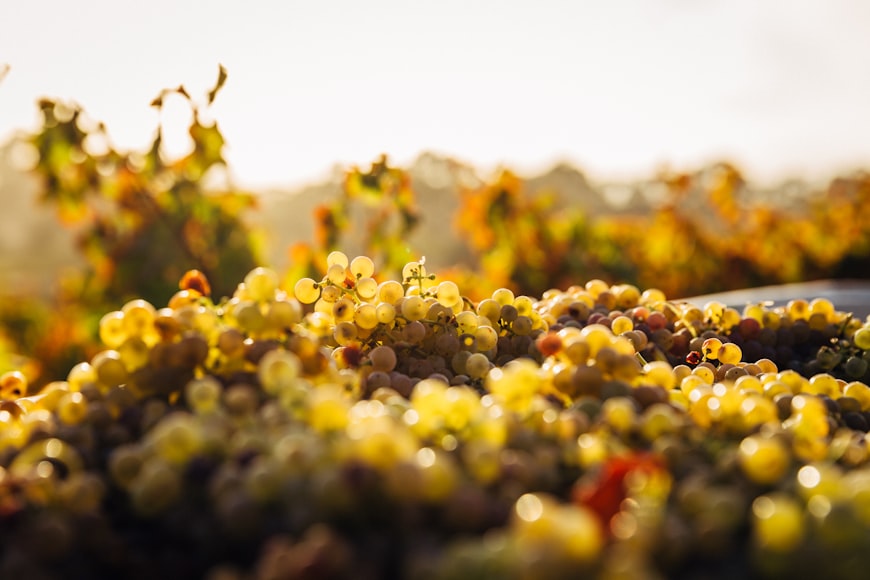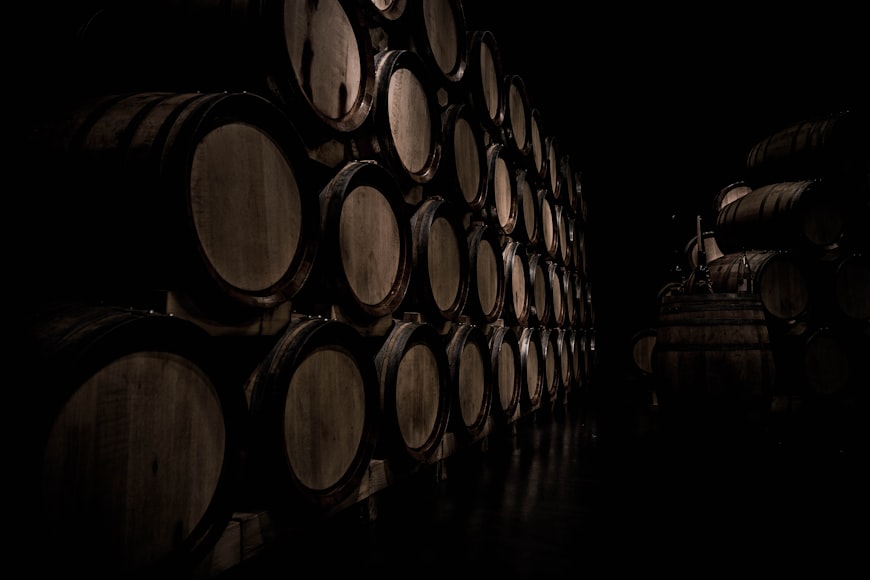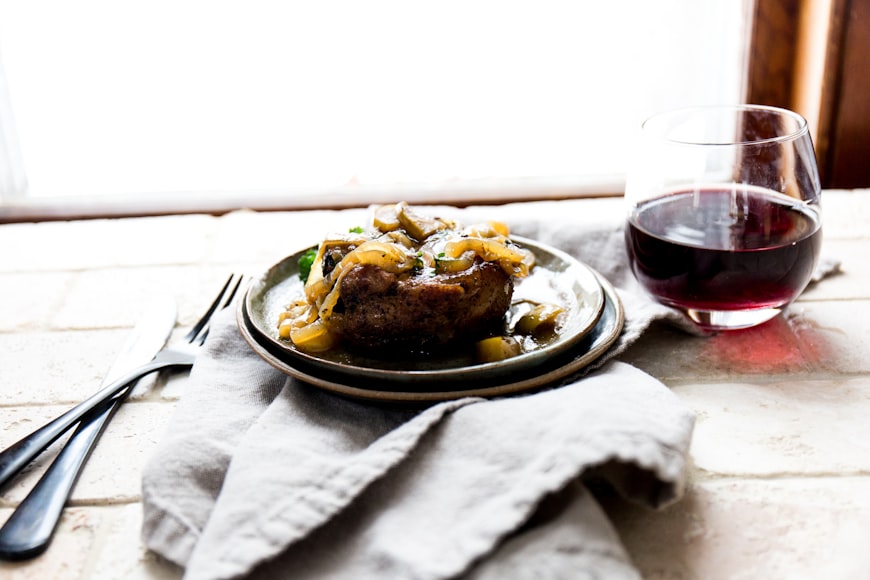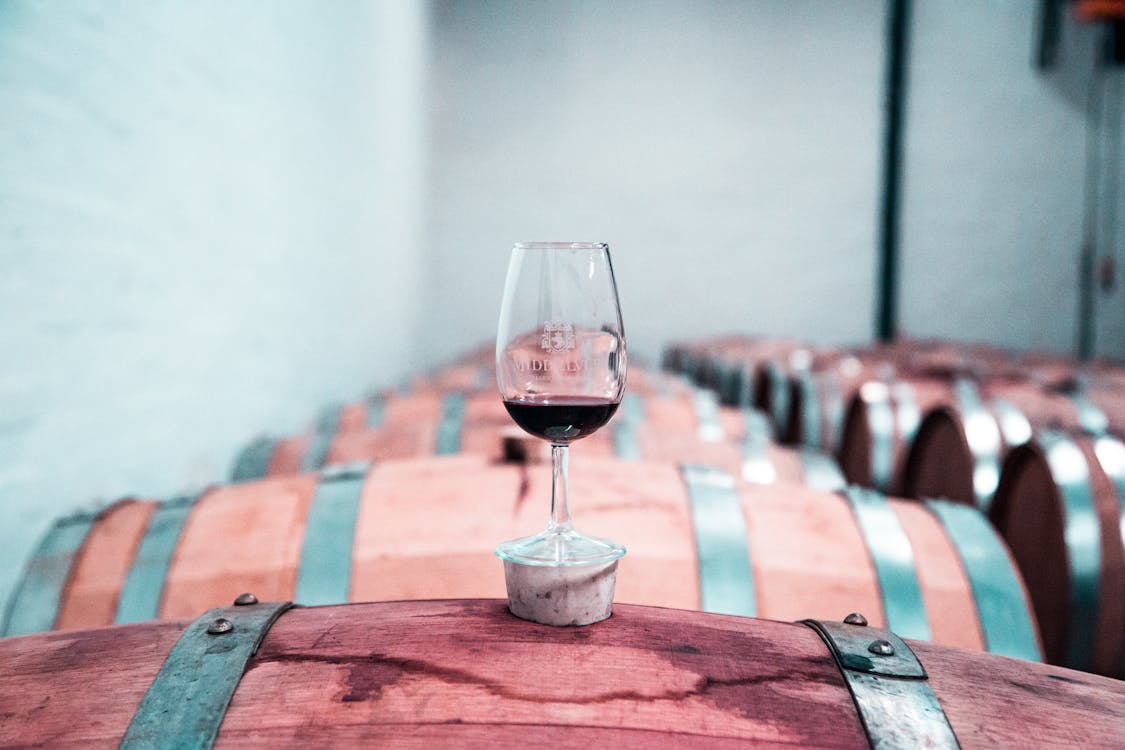When it comes to making wine, the way many people think isn’t always the way it actually works out in real life. The following 10 myths about making wine are so prevalent that it’s hard to find anyone who believes them anymore – except maybe on the Internet! Learn what you can really expect when starting your own winery and why these myths aren’t even close to being true in this list of 10 myths about making wine, debunked.
Myth 1: You have to use grape juice

This is probably the most common myth about making wine. People believe that in order to make wine, you have to use grape juice. However, this couldn’t be further from the truth! You can actually use any type of fruit or vegetable juice to make wine.
Myth 2: You need a vineyard
Many people believe that in order to make wine, you need to have a sprawling vineyard. However, this couldn’t be further from the truth! In fact, you can make wine from grapes that come from all sorts of places – not just vineyards. So don’t let the lack of a vineyard stop you from making your own wine.
Myth 3: The harder you work, the better your wine will be

You might think that working hard in the vineyard and in the cellar will guarantee you’ll make great wine, but that’s not always the case. Sometimes, the best way to make great wine is to do nothing at all.
Hard work isn’t always a good thing when it comes to wine. There is a fine line between being too lazy to harvest your grapes and allowing them to get overripe, which can cause off-flavors. The key is knowing when you need to step in and do something, or if it’s better to just let nature take its course.
Myth 4: A certain vintage produces better wines
There are so many variables that go into making wine, from the type of grape to the climate, that it’s impossible to say that one vintage is better than another. Sure, some years produce great wines, but it’s not because of the vintage.
Myth 5: Certain grapes produce better wines

There are many factors that go into making great wine, and the type of grape is just one of them. The terroir, or environment in which the grapes are grown, is also important. And of course, the winemaker’s skill plays a role in creating a delicious wine. So don’t believe the myth that certain grapes produce better wines – it’s simply not true!
Myth 6: Racking is unnecessary if you’re patient enough
If you want your wine to be clear, you have to rack it. Racking is the process of transferring a wine from one container to another, and it’s how you get rid of the sediment that can make your wine cloudy. Even if you’re patient, sediments will eventually settle at the bottom of your bottle and make your wine look less than stellar. So don’t wait – rack your wine as soon as possible!
Myth 7: A musty-smelling wine means it will taste musty too

If you’ve ever come across a wine that smells musty, you may have assumed that it would taste musty as well. However, this is not always the case. In fact, many musty-smelling wines are perfectly fine to drink. The truth is, that wine can smell musty for many different reasons, some of which have nothing to do with the quality of the wine. So don’t be fooled by a musty smell – it doesn’t necessarily mean the wine is bad.
Myth 8: Tannins make great red wines
Tannins are important for wine, but too much of them can make your wine taste bitter. The tannins come from the grape skins and seeds, so if you want to reduce the number of tannins in your wine, you can do so by using a shorter fermentation time or by using a different type of yeast.
Myth 9: Sugar in excess makes great dessert wines

Sugar does not make great dessert wines. In fact, too much sugar can actually make the wine taste cloying and unbalanced. The best dessert wines are those that have a bit of sweetness but are also well-rounded and complex.
Myth 10: Aging is necessary for quality wines
Aging wine is a process of allowing oxygen to interact with the tannins in the wine, which breaks them down and makes the wine smoother. However, not all wines need to be aged – in fact, many quality wines are meant to be consumed young.
